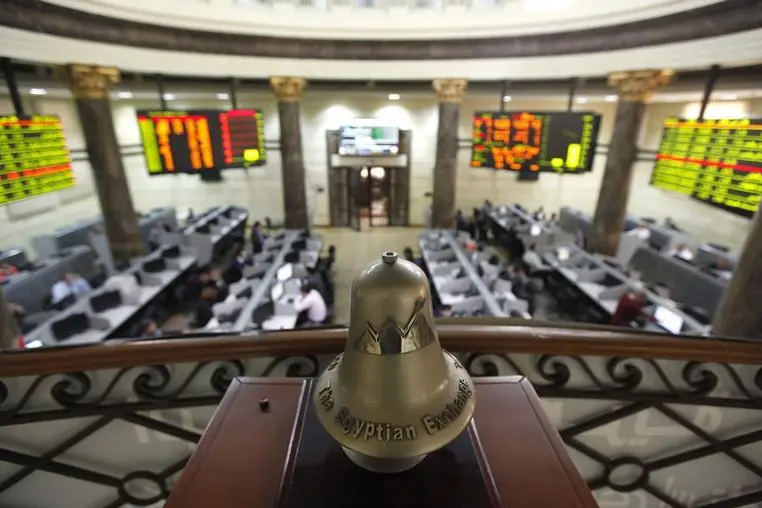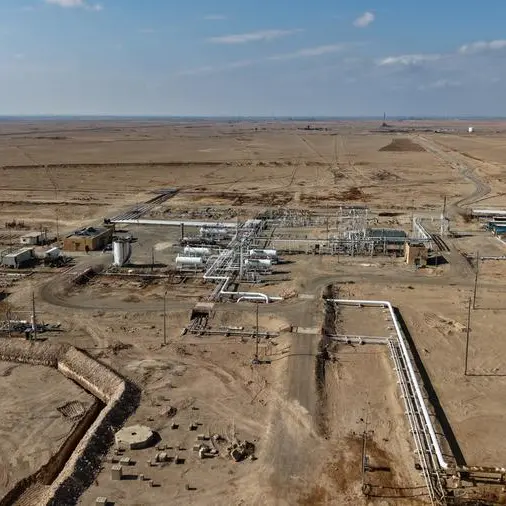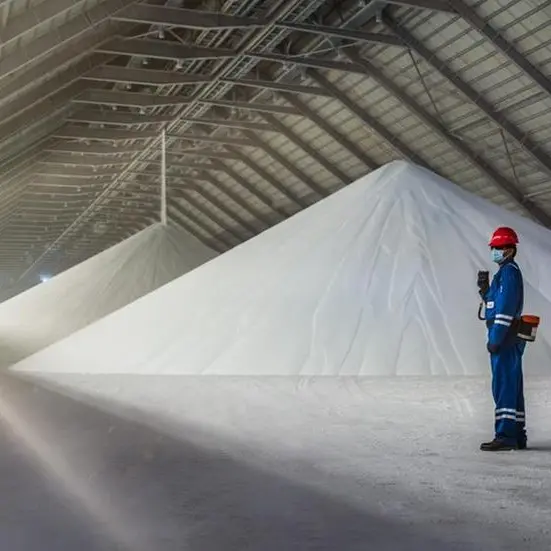PHOTO
Egypt's stock market has been the best performing among emerging economies since the government decided to float the pound, Safiya Mounir finds out
With the pound losing almost 40 per cent of its value in the recent floatation, denominated shares on the Egyptian stock exchange have halved in price, representing very good bargains for both local and foreign investors.
The interest could not be more obvious from the figures: The value of daily stock trading has jumped three-fold to about LE1.8 billion on average, compared with the preceding 12 months.
On 3 November Egypt floated its currency and cancelled all controls on trading, limiting the devaluation risk that has been negatively affecting foreign money managers’ decisions to invest in the stock market or the country at large.
Since then, foreign investors have been net buyers of Egyptian shares every day, adding the equivalent of $203 million to their holdings, compared to a net outflow of $88 million from Dubai Financial Market equities, according to Bloomberg.
“The performance of the capital market exceeded expectations,” said Maged Shawki, former chairman of the exchange and deputy chairman of Beltone Financial. He added that the market had the potential for LE3 billion in daily transactions.
However, the maintenance of this robust performance was linked to the government’s commitment to reform measures, he said.
Egypt has embarked on a reform package aiming at tightening its ballooning budget deficit and improving its balance of payments position. Floating the pound, introducing new taxes and slashing subsidies are some of the main features of the plan that enabled it to clinch a deal with the IMF to get a $12 billion loan.
Finding the right means to contain the inflationary pressures resulting from these measures is a prerequisite to increasing retail investments in the market, according to Shawki.
“Monitoring the markets in a way that helps cap price increases would lower the cost of living and help save money that can be invested in securities,” he explained.
The prices of commodities, transportation and fuel has sky-rocketed since the floatation, with some food items seeing daily increases. A number of investment banks are expecting a hike in inflation rates, with Arqaam Capital putting it in the range of 22 to 24 per cent in the first quarter of 2017.
After gaining 37 per cent in the three weeks flowing the floatation, the market’s buoyant performance started to slow down during last week, which witnessed the index losing 1.6 per cent.
Shawki said that the price of traded shares was up to supply and demand. “It might witness a corrective phase every now and then with investors selling their holdings to realise profits,” he said.
But the market’s year-to-date gains until the end of Tuesday’s transactions came in at 59 per cent.
Omar Al-Maghawri, managing director of FIB Capital, said that investing in the stock market would be appealing during the coming three to six months, as the banks would start lowering interest rates and dollar rates would settle at prices around the currency’s fair value, making market investments more appealing.
The Central Bank of Egypt (CBE) followed the decision to float the pound by a three per cent increase in interest rates. The public-sector banks also introduced investment certificates yielding 16 per cent for three years and 20 per cent on a year-and-a-half years to encourage people to abandon the dollar in favour of the pound.
The influx of initial public offerings (IPOs) planned by both the government and the private sector during the coming period will inject new money into the market and thus increase transactions.
At least four IPOs are expected next year, including the listing of state-owned companies like Banque du Caire.
Rana Al-Adawi, managing director of Acumen Holding, said that there was a significant growth potential for listed shares, pointing out that the increase in volume of transactions would attract the interest of foreign investors.
“The increase in the index since the floatation is equivalent to half the gains it realised since the beginning of the year. I believe we will continue to see a really robust market,” she said.
The writer is a freelance journalist.
© Al Ahram Weekly 2016





















